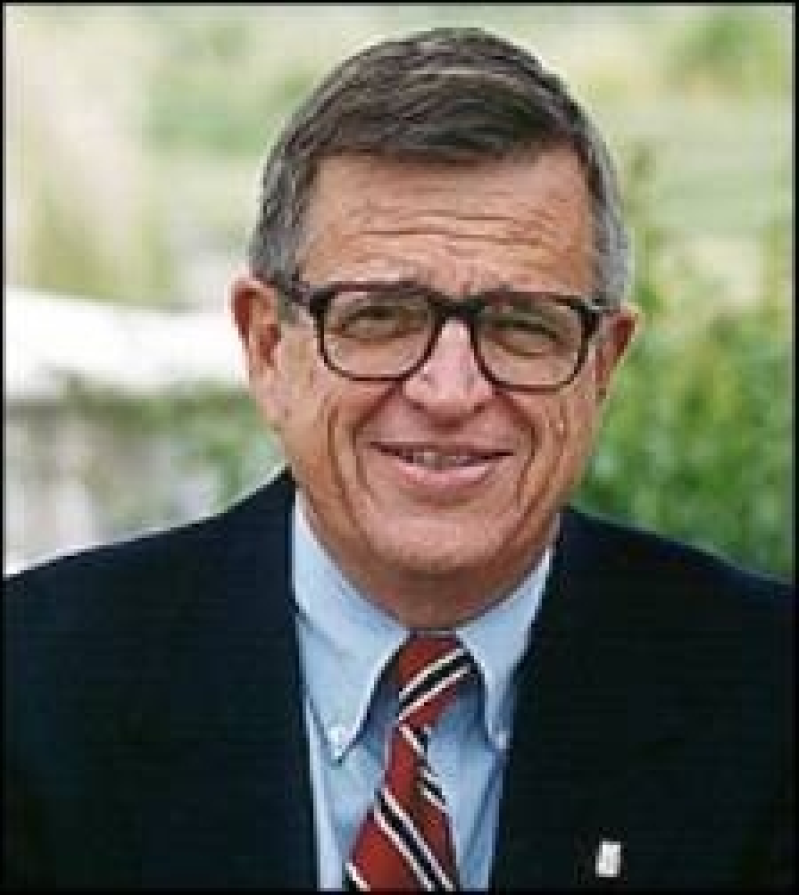
Over the past few weeks, oil prices have dropped from their record levels earlier this summer. The price of light sweet crude is down nearly 30 percent in less than two months.
This is, of course, good news. Record oil prices have had many harmful effects, which, as I have said many times on “BreakPoint,” disproportionately hurt the poor.
At the same time, I am concerned that the drop may make us complacent about our dependence on foreign energy and our vulnerability to the governments that control that energy.
OPEC members have taken notice of the recent drop in oil prices. Iran and Venezuela, two nations hostile to the United States, are already calling for production cuts in order to raise oil prices.
Whether they succeed in persuading other members to cut production, it would be folly to assume that we are out of the woods.
This is especially evident when you recall that the nation most likely to help us resist the call for production cuts is Saudi Arabia—the same Saudi Arabia that, in order to keep the ruling family in power, has subsidized the export of Wahhabi Islam.
This is the kind of Islam that inspired the likes of Osama bin Laden and the September 11 hijackers. It is a brand of Islam that also targets and eradicates indigenous, more tolerant, forms of Islam wherever it is introduced. And it is subsidized, to a large extent, by Americans filling their gas tanks. Saudis are not the kind of friends to rely on in a pinch.
Then there is Iran. Even without its nuclear ambitions, the Islamic Republic is a threat to American interests and American allies like Israel.
Even when oil-producing countries like Nigeria are not antagonistic to the United States, their instability should concern us. And in a not-so-subtle way, Russia has shown its willingness to use oil as a political weapon. Just ask the European Union. Oh, and in case anyone missed it, Russia’s invasion of Georgia showed the vulnerability of the vital BTC oil pipeline that runs across the length of Georgia.
The irony is that much of our vulnerability is self-inflicted. America is rich in its own natural resources like oil, gas, and coal. By some estimates, we have billions of barrels of oil and trillions of cubic feet of natural gas off our coasts and the Great Lakes. Utah, Colorado, and Wyoming are also potentially rich in fuel resources. While President Bush removed the executive ban on drilling, which caused the prices to drop, I believe, Congress has refused to do the same thing, blocking our nation’s ability to prudently exploit these resources.
It is not only in extraction where we have tied our hands. Taxpayers have funded technology that converts coal to liquid fuel—but Congress has refused to allow us to use it.
We’ve got to stop this madness. We cannot put billions upon billions of dollars into the hands of foreign regimes while simultaneously legislating our own vulnerability!
The Bible makes it very clear that government’s job is to preserve order and to do justice. That means the first business of the government is to ensure the safety and future of the people.If our leaders fail this basic test, how can we trust them with the rest?
_______________________________________________________
From BreakPoint®, October 2, 2008, Copyright 2008, Prison Fellowship Ministries. Reprinted with the permission of Prison Fellowship Ministries. All rights reserved. May not be reproduced or distributed without the express written permission of Prison Fellowship Ministries. “BreakPoint®” and “Prison Fellowship Ministries®” are registered trademarks of Prison Fellowship







